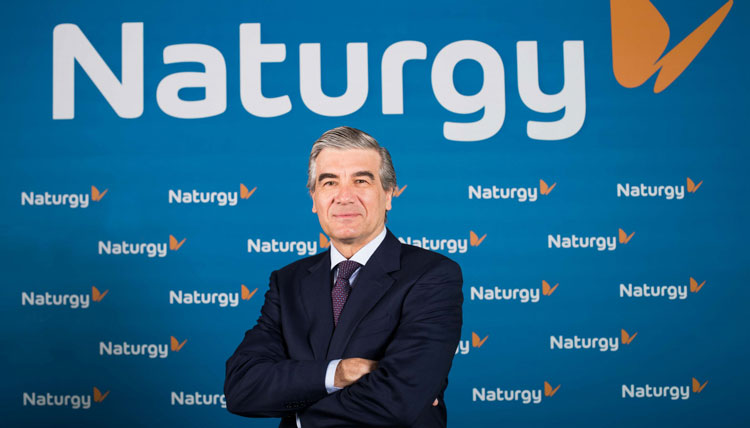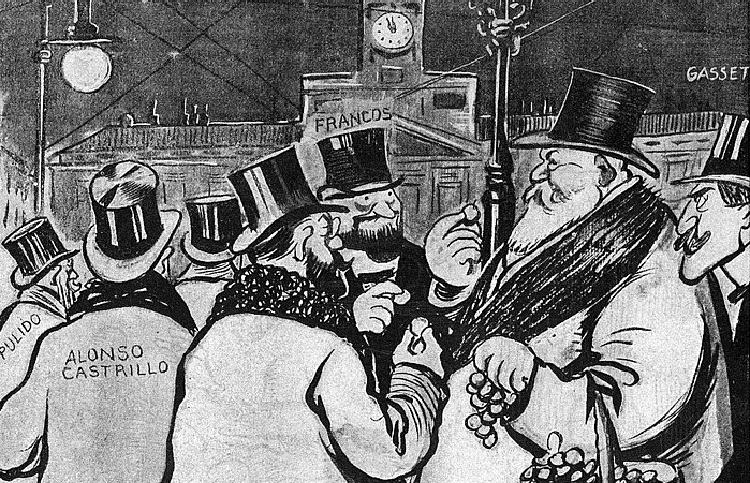In recent years, the music industry has witnessed a remarkable convergence with the world of cryptocurrency. As digital technologies continue to reshape the way we consume and interact with music, artists are now exploring innovative avenues to connect with their audiences and revolutionize the traditional music business model. One such avenue that has gained significant momentum is the adoption of cryptocurrencies.
Understanding How Music Artists Are Leveraging Cryptocurrencies for Creative Expression
In recent years, the world has seen an astounding growth in the adoption of cryptocurrencies for various purposes. Among the various industries that have been impacted by this development, the music industry stands out as one where artists are leveraging this technology for creative expression. With the increasing popularity of cryptocurrencies and platforms that allow users to buy eth with debit card, it’s no surprise that artists are looking for innovative ways to use these digital assets to their advantage.
One way in which music artists have been leveraging cryptocurrencies is by using them as a means of payment for their work. This can include selling music, merchandise, tickets to events, and even exclusive content. By accepting cryptocurrencies as payment, artists can tap into a global audience that may not have access to traditional payment methods, thus increasing their potential reach and fan base.
Moreover, the decentralized nature of cryptocurrencies can give artists more control over their intellectual property and allow them to bypass middlemen such as record labels and streaming platforms. This can result in higher profit margins for the artists and a more direct connection with their fans. Additionally, the transparent nature of blockchain technology, which underpins cryptocurrencies, can also help to create a more fair and efficient system for royalty payments.
Exploring NFTs and Their Impact on Music Artists’ Revenue Streams
Another significant development in the intersection of music and cryptocurrencies is the rise of non-fungible tokens, or NFTs. These unique digital assets can represent ownership of a specific item or piece of content, such as digital art, collectibles, or even music. NFTs have gained significant attention in recent times, with high-profile sales and celebrity endorsements pushing them into the mainstream spotlight.
For music artists, NFTs present an exciting opportunity to create new revenue streams and engage with their fans in novel ways. By tokenizing their music or other creative works as NFTs, artists can sell these digital assets to their fans, who can in turn trade, sell, or hold them as collectibles. This not only provides artists with a new source of income but also allows them to maintain control over their work and create a more direct connection with their fans.
Furthermore, NFTs can also be used to create unique fan experiences, such as exclusive access to events, merchandise, or content. By offering these exclusive experiences as NFTs, artists can deepen their relationship with their fans and create additional sources of revenue. Additionally, the use of NFTs can help to combat piracy and ensure that artists are fairly compensated for their work.
Case Studies: Notable Music Artists Who Have Embraced Cryptocurrencies
Several notable music artists have already started to embrace cryptocurrencies and NFTs, showcasing the potential of these technologies for the industry. Here are a few examples:
- Grimes: The Canadian musician made headlines when she sold a collection of digital art pieces as NFTs for a total of $6 million. The artworks, which were accompanied by original music, were sold on the NFT marketplace Nifty Gateway.
- Kings of Leon: The American rock band became the first major musical act to release an album as an NFT. They offered three different types of NFTs, including one that granted the holder exclusive audiovisual art, another that provided a “golden ticket” experience with VIP access to concerts, and a third that featured the album itself.
- Deadmau5: The electronic music producer has been a vocal advocate for cryptocurrencies and has embraced them in various ways. He has accepted cryptocurrencies as payment for his merchandise and music, and has also released NFTs featuring his iconic mouse helmet.
These examples demonstrate the potential of cryptocurrencies and NFTs for music artists, both in terms of creative expression and revenue generation.
Tips for Music Artists to Embrace Cryptocurrencies for Innovation and Long-Term Success
For music artists looking to embrace cryptocurrencies and NFTs, here are some tips to help ensure innovation and long-term success:
- Educate yourself: As with any new technology, it is crucial to educate yourself about cryptocurrencies and NFTs and understand their potential benefits and risks. Take the time to learn about different platforms, marketplaces, and tools that can help you navigate this emerging space.
- Experiment: Don’t be afraid to experiment with new ideas and concepts. Cryptocurrencies and NFTs offer a wealth of possibilities for creative expression and fan engagement, so use this opportunity to push the boundaries and explore new avenues.
- Engage with your fans: One of the key benefits of cryptocurrencies and NFTs is the ability to create a more direct connection with your fans. Make sure to engage with your audience, listen to their feedback, and involve them in your creative process.
- Collaborate: Collaborate with other artists, developers, and industry professionals to create unique and innovative projects. This can not only help you learn from others but also expand your network and increase your visibility in the cryptocurrency and NFT spaces.
- Be mindful of the environmental impact: One of the criticisms of cryptocurrencies and NFTs is their potential environmental impact, mainly due to the energy-intensive process of mining and minting. Be mindful of this issue and consider exploring eco-friendly alternatives or compensating for your carbon footprint.
In conclusion, cryptocurrencies and NFTs present an exciting opportunity for music artists to innovate and achieve long-term success. By understanding the potential benefits of these technologies and embracing them in creative and sustainable ways, artists can forge a new path in the ever-evolving music industry.







